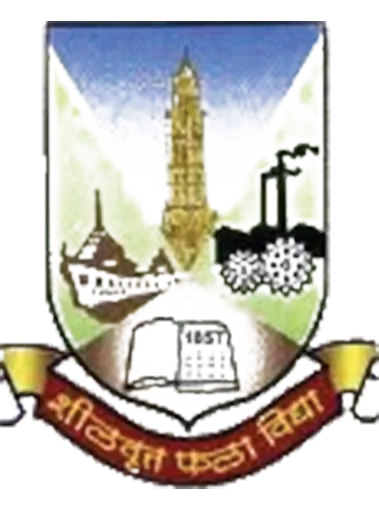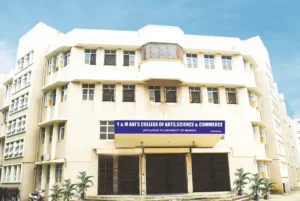Labs
Computer Lab
Y & M AKI College offers state-of-the-art computer lab facilities to its students, supporting both academic and research needs. The labs are equipped with modern computers, high-speed internet, and essential software for programming, design, data analysis, and other technical courses. Students have access to these labs for assignments, projects, and practical sessions. The labs are regularly updated with the latest technology, ensuring students stay current with industry trends.
Chemistry Lab
The Chemistry lab is designed for both basic and advanced experimental work. It is equipped with modern instruments such as burettes, pipettes, spectrophotometers, pH meters, and analytical balances. Students conduct experiments in acid-base titration, organic synthesis, thermochemistry, and qualitative analysis. The lab follows strict safety protocols with proper ventilation, emergency showers, fire extinguishers, and fume hoods for handling volatile substances.
Physics Lab
The Physics lab offers advanced equipment for experiments in areas like mechanics, optics, electromagnetism, and thermodynamics. Key instruments include oscilloscopes, optical benches, lasers, pendulums, and electromagnetic kits. Students conduct experiments on topics like Newton’s laws, electricity and magnetism, and wave interference. The lab is structured to allow precise measurements and data analysis, helping students develop critical problem-solving skills.
Biology Lab
The Biology lab is well-furnished for exploring microscopic, molecular, and environmental biology. It includes microscopes, centrifuges, autoclaves, and incubators for experiments in cell biology, genetics, microbiology, and botany. Students perform dissections, DNA extraction, microbial culturing, and ecological studies. The lab emphasizes hands-on exploration of biological systems, offering students opportunities for independent research and group experiments.
Together, these labs provide an immersive learning environment, allowing students to apply theoretical knowledge, gain practical skills, and foster a deeper understanding of scientific principles.


